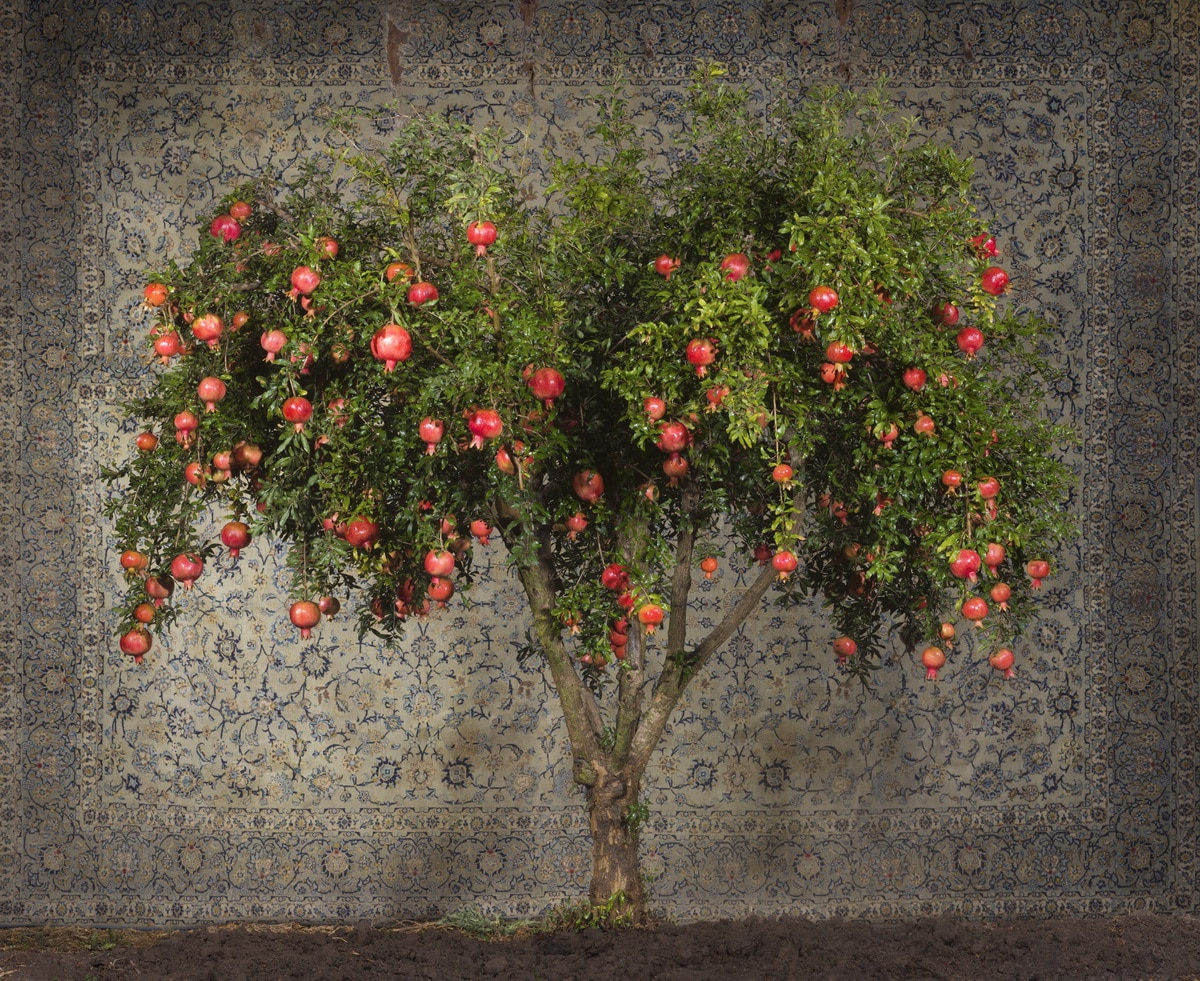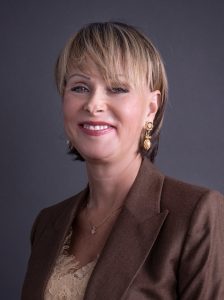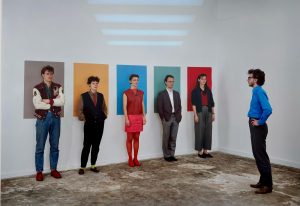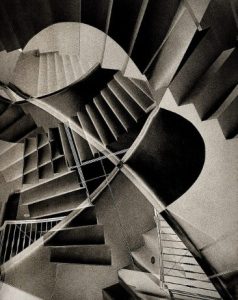עצומת אמנים נגד נרמול היחסים של איחוד האמירויות הערביות עם ישראל תפסה תאוצה ניכרת ומעלה שוב את השאלות המורכבות על האופן בו אמנות ואמנים יכולים להביע עמדה במצבי סכסוך ומשבר מוסרי.

על עצומה שאירגן ה BDS לפני כשבוע (טקסט מלא , כפי שהוא מופיע באתר הארגון מובא למטה) חתמו כבר מעל שמונים אמנים וארגונים . הם מתחייבים להחרים כל שיתוף פעולה עם מוסדות האמנות של איחוד האמירויות הערביות עד ביטול הסכמי הנורמליזציה עם ישראל. ניצני שיתוף תרבותי כבר החלו עם החתימה לפני ימים אחדים על הסכם שיתוף פעולה בין בית הספר לקולנוע סם שפיגל ופסטיבל הסרטים של אבו דאבי.

בין החותמים, לצד אנשים מכל תחומי התרבות , אמנים חזותיים מוכרים לשדה התרבות הישראלי כמו סולימן מנצור (בוגר בצלאל שהציג בארץ רבות בעיקר לפני האינתיפאדה השנייה ב 2000), נביל ענני שגם הוא הציג בארץ וסמיה חלבי , אמנית ילידת יפו שחיה מאז 1951 בארה”ב אך היא קול בולט בתמיכה בעמדה הפלשתינית. הקריאה לחרם אמיצה לאור העובדה שאיחוד האמירויות הערביות הם המדינה הבולטת ביותר באזורינו בתחום האמנות החזותית מבחינת מוסדות, חללים ותמיכה ממסדית. התנופה ממנה נהנה התחום בעשרים השנים האחרונות כלל יסוד סניפי מוזאונים בינלאומיים כמו הלובר , הקמת קרן אמנות מצוינת Sharjah Art Foundation העורכת מידי שנתיים ביאנלה שנחשבת למשובחת וצמיחת שדרת גלריות מרשימה. בנוסף יש ירידים מסחריים חשובים, כתבי עת , כנסים ועוד.
השאלה האם אקטיביזם של אמנות צריך להתבטא בחרם היא לעולם מורכבת. טיעון מרכזי נגד המחאה הלא אלימה הזו הוא בשדרך כלל חרם והדרה פוגעים בכוחות הפרוגרסיביים ושוחרי השלום במדינות עליהן הוא מופנה. במקרה של החרם נגד האמירויות הרי שאי-אפשר שלא להזכיר שאמנים רבים מהחתומים לא השתתפו במחאה , וודאי שלא השתמשו בכלי החרם, נגד הפרות בוטות של זכויות אדם שנעשו שם לאורך השנים בהקשר אמנות ומוזכרות בחטף בסוף העצומה נגד נרמול היחסים עם ישראל. אמנם גוף בשם Gulf Labour Coalition הוקם בארה”ב כבר ב 2011 במטרה להילחם בהפרת זכויות עובדים הבונים את היכלי האמנות באיחוד האמירויות אך התגייסות אמנים פלשתינאים למאבק הייתה שולית ורבים המשיכו להציג במוזאונים גלריות ויריד באמירויות עד לימים אלו .
השאלה האם החרם יצבור תאוצה או יגווע ישפיע על אופי הנרמול. במצרים, או ירדן, בהן חלקים נרחבים מעולם התרבות מתנגדים לקשר עם ישראל השלום הוא מה שמכונה שלום קר.
העצומה :
As artists in/from the Arab [1] region, including Palestinians, engaged in our environments through the creation of art, we are committed to justice and progressive social change in line with our values. We therefore support the Palestinian struggle for liberation, self-determination and the return of refugees.
In harmony with the statement issued by leading parties, trade unions, women’s associations, as well as human rights and other organizations across the Arab region against the UAE regime’s normalization agreement with Israel’s regime of occupation and apartheid, and understanding that the people of the UAE had no say in the agreement and could hardly express public opposition to it:
We pledge not to participate in any event sponsored by the UAE regime or by any company or institution that is complicit in the implementation of the normalization agreement, until the UAE ends its normalization with Israel and ends its grave violations of human rights.
צילום מחפש אמת – על הצילום המבוים
האקדמיה של החלון – הרצאות ד”ר סמדר שפי ב ZOOM
יום ג 29 ספטמבר 20:00
צילום נתפס בעבר כמספר אמת, כעדות, כראיה שאינה ניתנת לערעור. היום כשכמעט כל אחת/ד יכול ליצור בדיה מצולמת במכשיר הסלולרי צריך להתבונן מחדש בקריאה של דימויים בחיפוש שלנו אחר משמעות ועוגני מציאות בתוכם. נראה עבודות של טל שוחט, גרגורי קרודסון, פסי גירש ואמנים/יות נוספים/ות .
לפרטים שלחו הודעה ל 0507431106 ב WhatsApp

Palestinian and Arab artists pledge to boycott art institutions in the UAE
The pledge by artists against the Emirates’ normalization with Israel has gained wide publicity, once again raising complex questions about the way in which artists and art can express a position in times of conflict and moral crisis.

The petition, organized by the BDS movement about a week ago (the full text as taken from their website appears below), has been signed by over 80 artists and art organizations. They committed themselves to boycott any collaborative project with art institutions of the Arab Emirates until the normalization agreements with Israel are cancelled. The tiny beginnings of cultural collaborations had already started with the signing a few days ago of an agreement between the Sam Spiegel Film and Television School, Jerusalem, with the Abu Dhabi Film Festival.
Among the signatories, hailing from diverse cultural fields, are visual artists well-known in Israel, such as Suleiman Mansour (a Bezalel graduate who exhibited widely in Israel, mainly prior to the Second Intifada in 2000); Nabil Anani, who also exhibited in Israel; and Samia Halaby, a visual artist born in Jaffa living in the USA since 1951, yet is still an outstanding voice supporting the Palestinian position. The call for a boycott is a brave one in light of the UAE being the Middle Eastern country with the strongest support for the arts in terms of institutions, spaces, and governmental funding. The momentum from the arts it experienced over the past two decades includes the establishment of branches of leading art museums such as the Louvre, founding of the excellent Sharjah Art Foundation which holds a superb biennale, and the flourishing of an impressive “gallery row.” Furthermore, the UAE hosts important commercial art fairs, journals, conferences, and more.

The issue of whether art activism should be expressed in a boycott remains a complex one. The major argument against such types of nonviolent protest is that such a boycott and exclusion injure the progressive and peace-seeking forces in the countries at which it is directed. In the case of the boycott of the Emirates, the inescapable fact is that many artists from different fields did not participate, and surely did not use the boycott tool against the obvious breaches of human rights in those same countries within the context of the arts, mentioned briefly at the end of the petition against normalization with Israel. Although the Gulf Labour Coalition, founded in the USA as far back as 2011 to fight for the rights of the workers who were building the large art institutions in the UAE also recruited Palestinian artists to the struggle, it remained marginal, and many artists continued to exhibit in the Emirates’ galleries and art fairs, and still do.
The question remains as to whether the boycott will gather momentum or die and how it will impact the nature of the normalization. In Egypt or Jordan, in which broad sections of the cultural scene are opposed to relations with Israel, the situation is best described as a “cold peace.”
The petition (as taken from the internet):
As artists in/from the Arab [1] region, including Palestinians, engaged in our environments through the creation of art, we are committed to justice and progressive social change in line with our values. We therefore support the Palestinian struggle for liberation, self-determination and the return of refugees.
In harmony with the statement issued by leading parties, trade unions, women’s associations, as well as human rights and other organizations across the Arab region against the UAE regime’s normalization agreement with Israel’s regime of occupation and apartheid, and understanding that the people of the UAE had no say in the agreement and could hardly express public opposition to it:
We pledge not to participate in any event sponsored by the UAE regime or by any company or institution that is complicit in the implementation of the normalization agreement, until the UAE ends its normalization with Israel and ends its grave violations of human rights.





